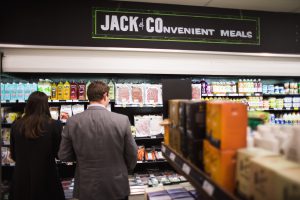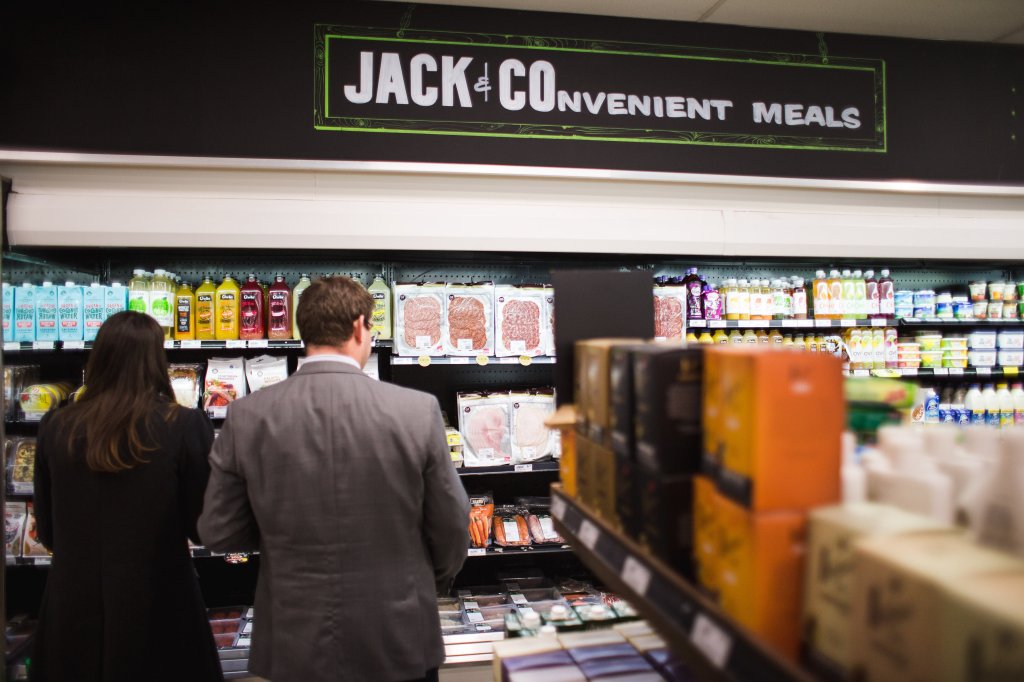
As COVID-19 continues to impact daily life, consumers are increasingly turning towards convenience stores to source essentials.
The Australasian Association of Convenience Stores (AACS) CEO Jeff Rogut said consumers were favouring convenience stores for shopping as they were hyper-local, easily accessible and typically less crowded than supermarkets.
A recent survey, How shoppers are using convenience stores as a result of the impact of Covid-19, conducted by CMA on behalf of AACS, found consumers were actively seeking alternatives to supermarkets to pick up essentials. It found that in the two weeks leading to March 31, 47% of those surveryed had visited a convenience store to buy household items such as groceries and paper goods
Director of Jack&Co Food Stores, Wade Death, agreed consumers were looking to convenience for grocery and household staples.
“We’ve definitely seen an increase in people shopping for groceries. Our stores aren’t trading up, but they’re not down by much and for all the tradies and workers we’ve lost buying fuel, we’ve picked up others who are looking at our stores as destination for grocery products. We’ve seen a shift in the market looking at our shops as a good source for product,” Mr Death said,
“I think the simplicity to get in and out and the generally low crowds (appeal to consumers). We’re not packed full of people. I’ve head of people going to supermarkets and being forced to line up shoulder to shoulder to get in, so it’s not social distancing and I think it’s working against the supermarkets. People aren’t wanting to crowd in with people they don’t know.”
However, Mr Rogut said some small and independent stores were continuing to experience ongoing supply issues, which was a pressing issue given consumers were becoming increasingly reliant on convenience stores for essentials.
“We remain concerned that small stores and independents are not getting their fair share of stock. We understand that demand has increased substantially on products that have in the past not been major sellers in convenience stores, but as we stick levels improving in supermarkets on some products, convenience stores are still having many out of stock issues from their suppliers, particularly in the grocery, paper goods and cleaner categories. We do appreciate the work that suppliers are doing, but would like to see greater support for our stores in these currently high demand categories,” Mr Rogut said.
As C&I reported last month, the Australian Competition and Consumer Commission (ACCC) has granted temporary approval for Coles and Woolworths, as well as Aldi and Metcash to work together on issues relating to manufacturing, supply and transport, amid constraints caused by COVID-19 induced panic buying. However, following the decision, the Council of Small Business Organisations Australia called out Coles and Woolworths, saying they were ‘hoarding’ stock.
CEO of Australasian Convenience and Petroleum Marketers Association (ACAPMA), Mark McKenzie told C&I its members were reporting sustained issues in sourcing products, adding petrol retailers in regional and rural areas were particularly affected.
“This shortage of products is not limited to high demand grocery items like toilet paper and the like, but appears to include products like confectionery, dairy products and fresh juice. In all cases, the suppliers have indicated that the shortage is coming from unprecedented demand from the two major supermarkets,” Mr McKenzie told C&I, echoing comments made earlier to the ABC.
“We are not alleging that the supermarkets are doing anything untoward but, in times like these, it is essential that smaller format FMCG retailers are not starved of products for their own customers.”

